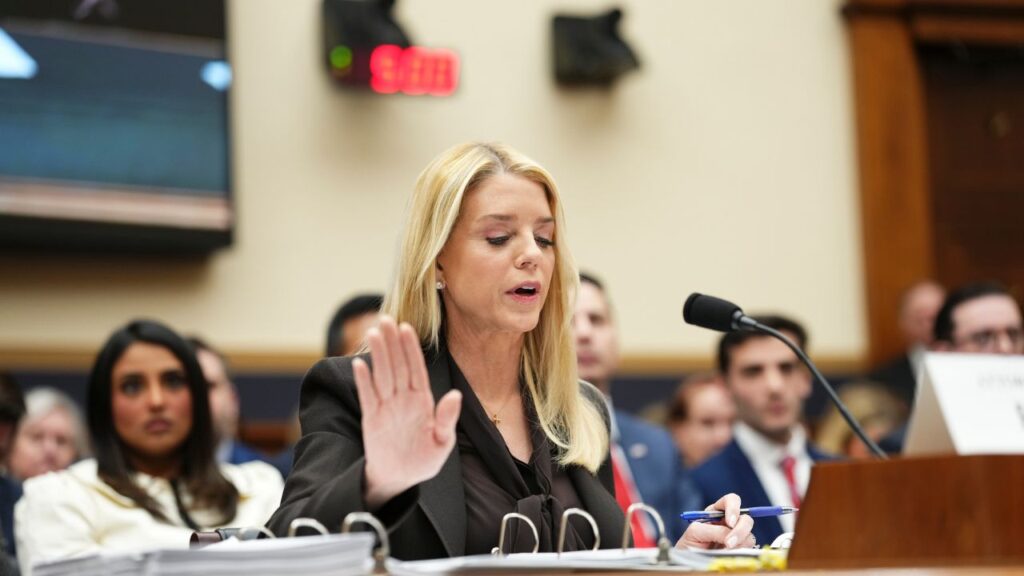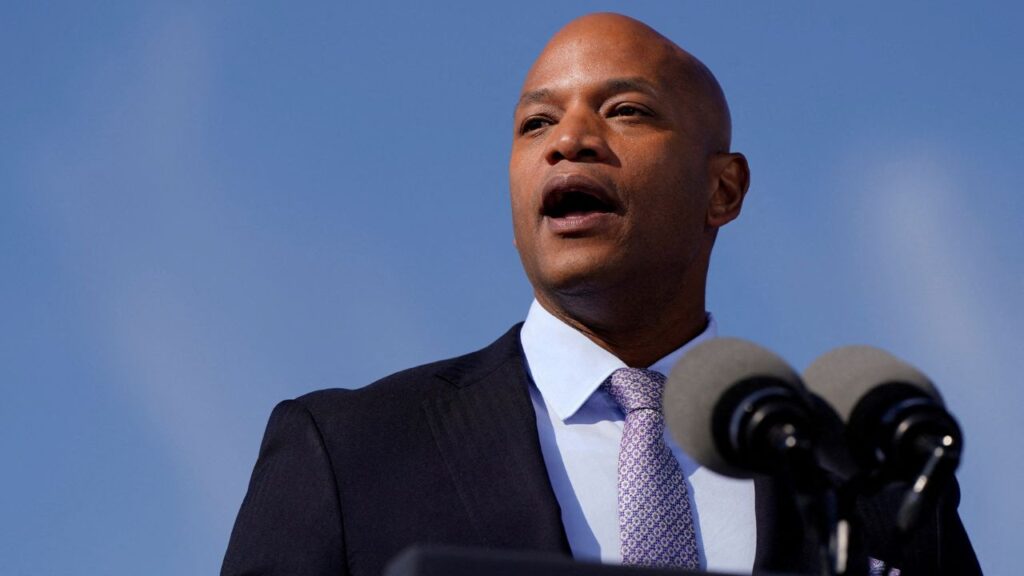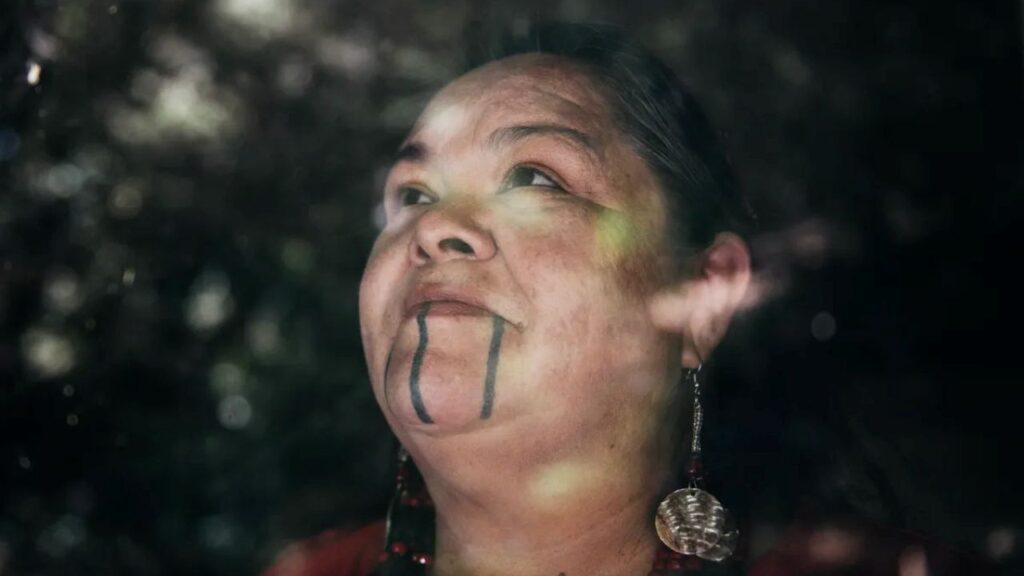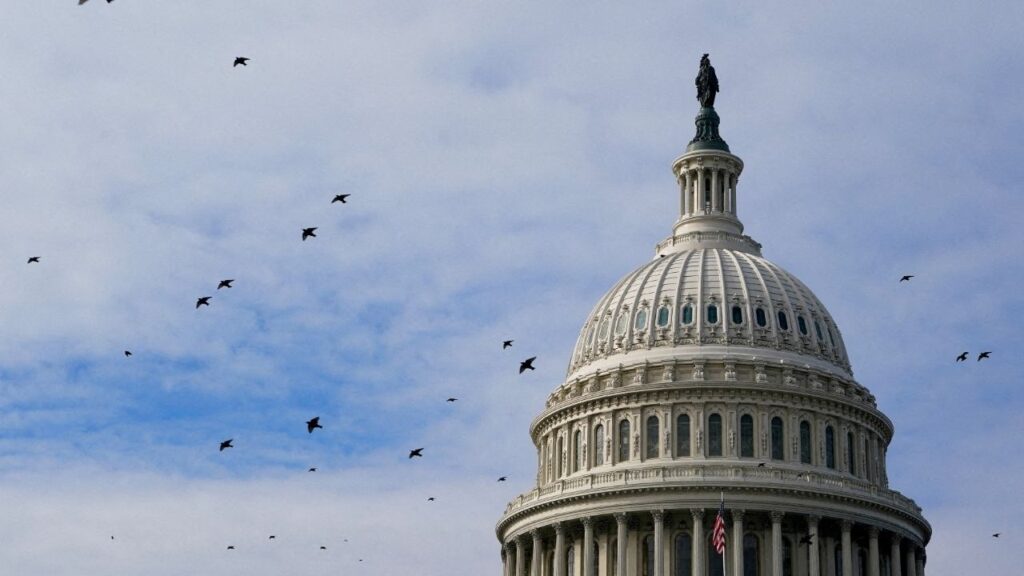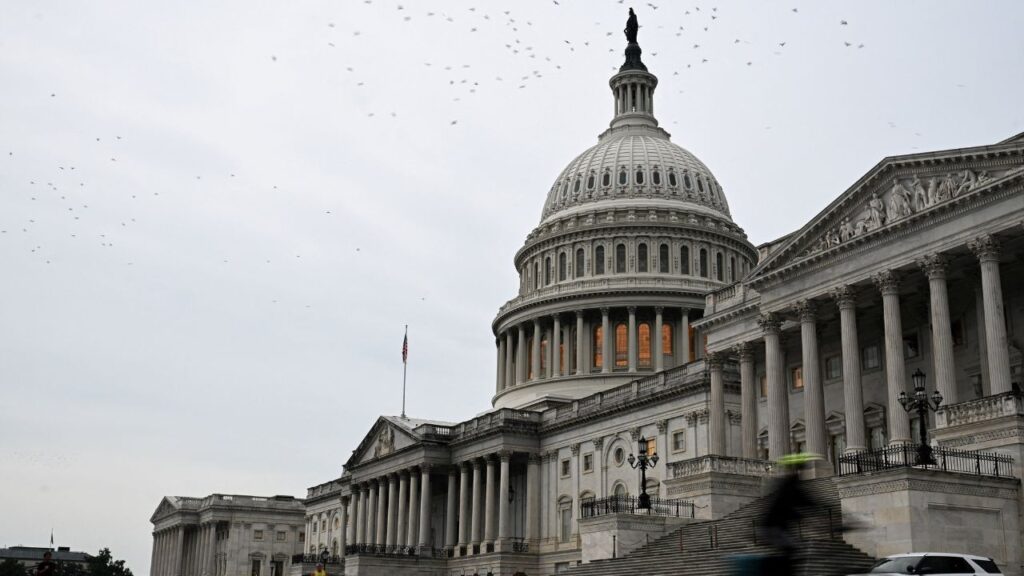Share
More than twice as many State Center Community College District students dropped all their courses this spring semester compared to a year ago, and the number of courses dropped this semester is up 15% compared to spring 2019, officials report.
At Fresno City College, 1,000 students dropped courses after mid-March, when the arrival of the COVID-19 pandemic caused campus closures.
Overall, about 1,000 more students had enrolled in State Center courses at the start of the spring semester compared to last year, but the withdrawals apparently erased that gain — and then some.
Robin Torres, the district’s enrollment management director, reported that by mid-April, 4,293 students had dropped all their courses this semester, compared to 1,741 a year ago; 24,217 sections were dropped this semester, compared to 20,985 a year ago.
The semester started with 39,404 students enrolled, compared to 38,444 a year ago.
Torres said the enrollment comparison was for the first 15 weeks of the spring semesters of 2019 and 2020, “so there could be additional considerations not related to COVID” that explain the higher numbers in 2020.
Withdrawal Deadline Extended
And there could be more dropped courses to come. The deadline to withdraw was extended to May 15 because of the pandemic, district spokeswoman Lucy Ruiz said.
In recognition that some students lacked access to the internet or devices, or faced economic hardships because of lost employment, rules were changed to allow students to drop courses without penalty if they said it was due to COVID-19.
Financial aid is typically based on students completing their coursework.
Students will get refunds for course fees paid and their transcripts will be marked with “EW” — excused withdrawal.
“Students who receive an EW during this period will not experience negative effects on academic progress, academic probation, or ability to repeat a course(s),” the college’s website says.
More Withdrawals Ahead?
Torres predicted that there may be an increase in withdrawals and a corresponding decrease in the number of D and F grades, but officials won’t be able to say for certain until the semester ends and grades are turned in.
Students also have the option of pass/no pass, which will not affect their financial aid or their ability to transfer to most California State University and University of California campuses, said Don Lopez, vice president for instruction at Fresno City College.
The arrival of the COVID-19 pandemic two months into the spring semester forced colleges to switch over to distance learning. After that, about 1,000 Fresno City College students withdrew from courses, he said.
There were a variety of reasons, including economic hardship and reluctance or even inability to connect with instructors online, he said. A survey showed that more than half had never taken an online course.
Students Face Challenges
Karla Kirk, president of the Faculty Senate and lead faculty for the African-American Studies program, said students of color are especially impacted because many lack the financial resources to weather a job loss.
In addition, students may struggle to stay on top of their classes if they have to also look after — and even teach — children at home, where there is not always a good place for college students to work on their own studies.
“We get that school is not a priority at this point,” Kirk said.
Devices Still Available
Lack of internet access or devices should not be a barrier, however.
Lopez said the college bought more than 500 laptops, more than 1,000 iPads, and 250-300 mobile hotspot devices to loan to students, and not all have been claimed. He said he had heard that some students have been doing their schoolwork on their small-screen smartphones, even though loaner devices are available.
Many students surveyed said they prefer face-to-face classes to online instruction, but they may not have as many options in upcoming months.
Given the uncertainty of future shutdowns, the college is preparing for a hybrid of in-person and online classes this fall, Lopez said.
More faculty have been certified in distance learning and have the training and tools to teach online, he said.
But some classes like welding and biology will need to continue to meet, and the college must figure out a way for students to be safe while doing so, Lopez said.
An earlier version of this story misspelled Don Lopez’s first name.
Categories

Israel to Join Trump’s ‘Board of Peace’, Netanyahu Says

Instagram’s Top Exec Grilled over Safety Decisions at Trial






